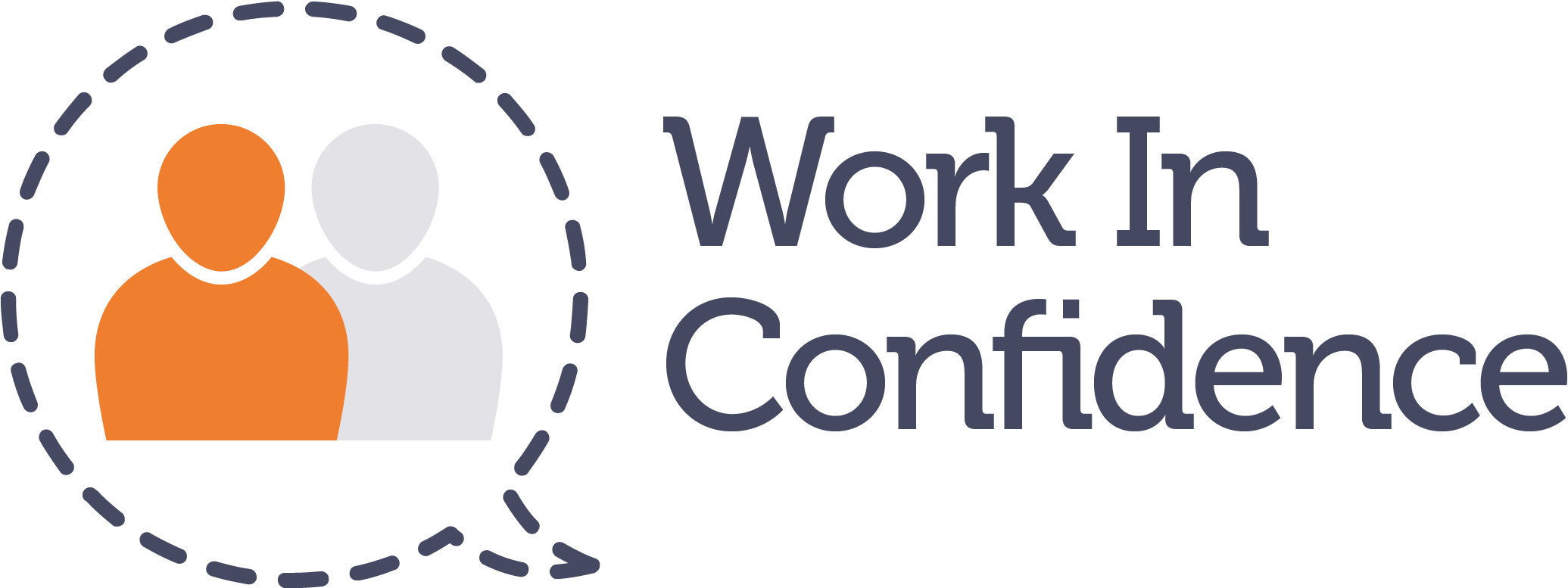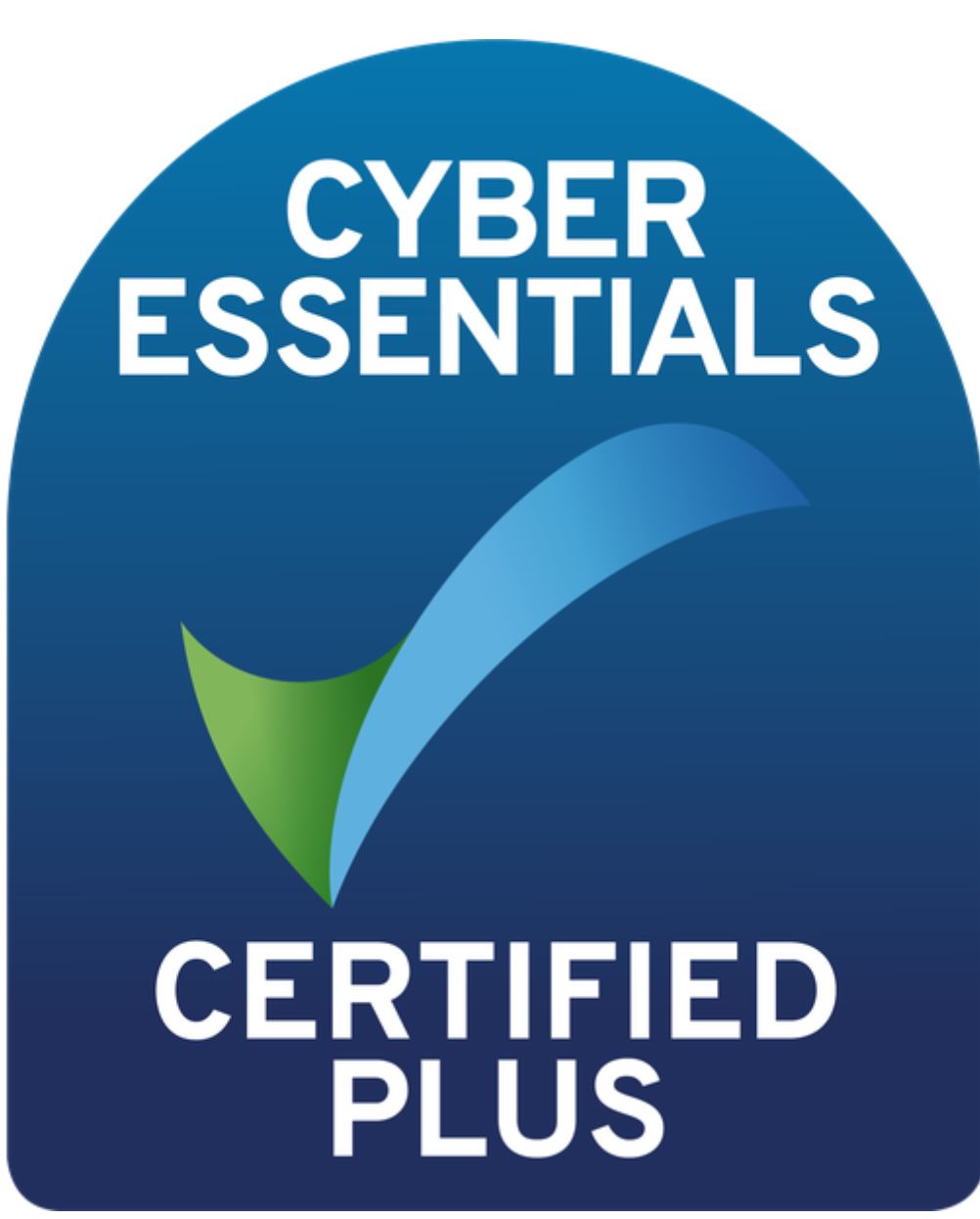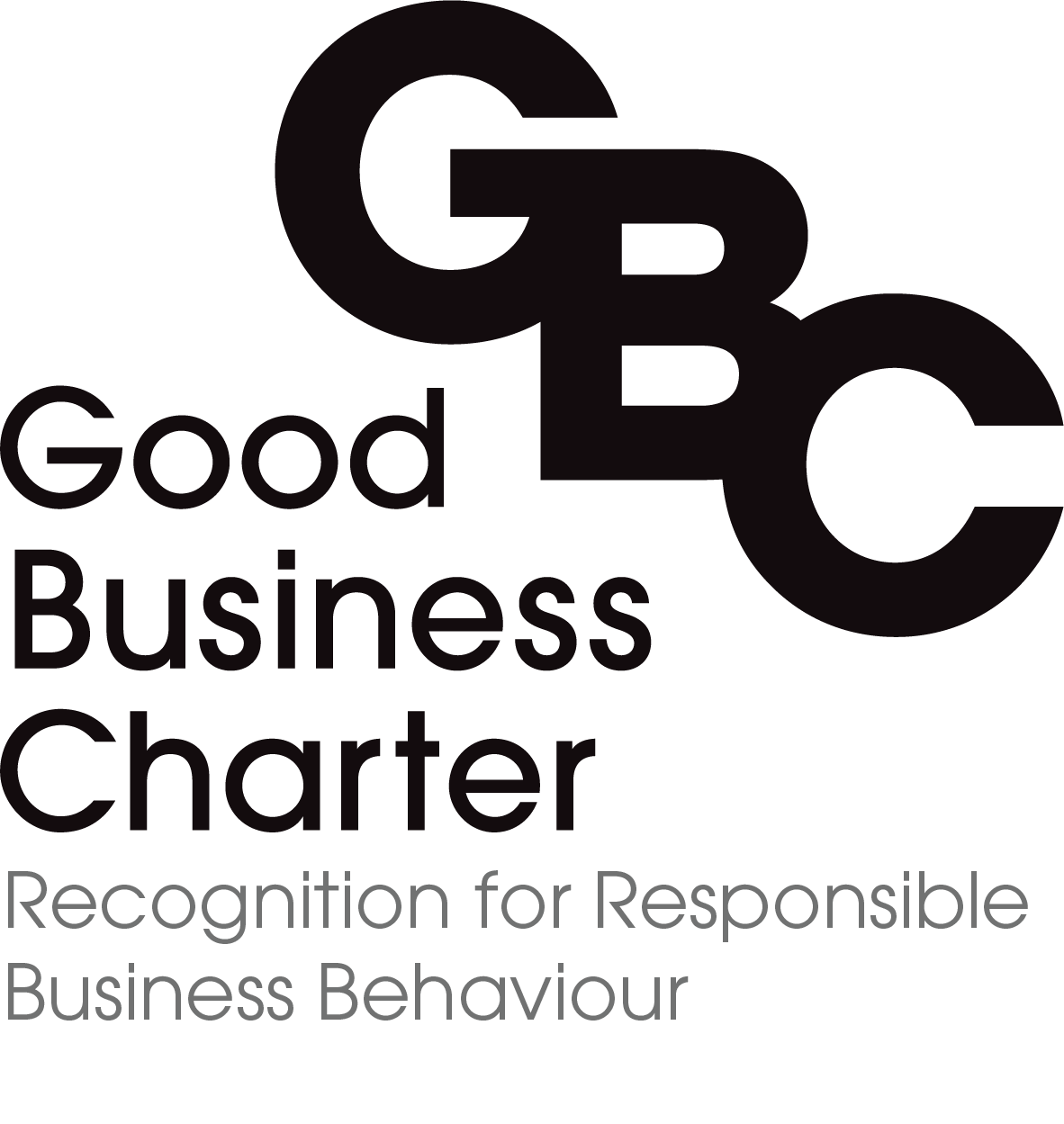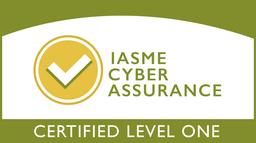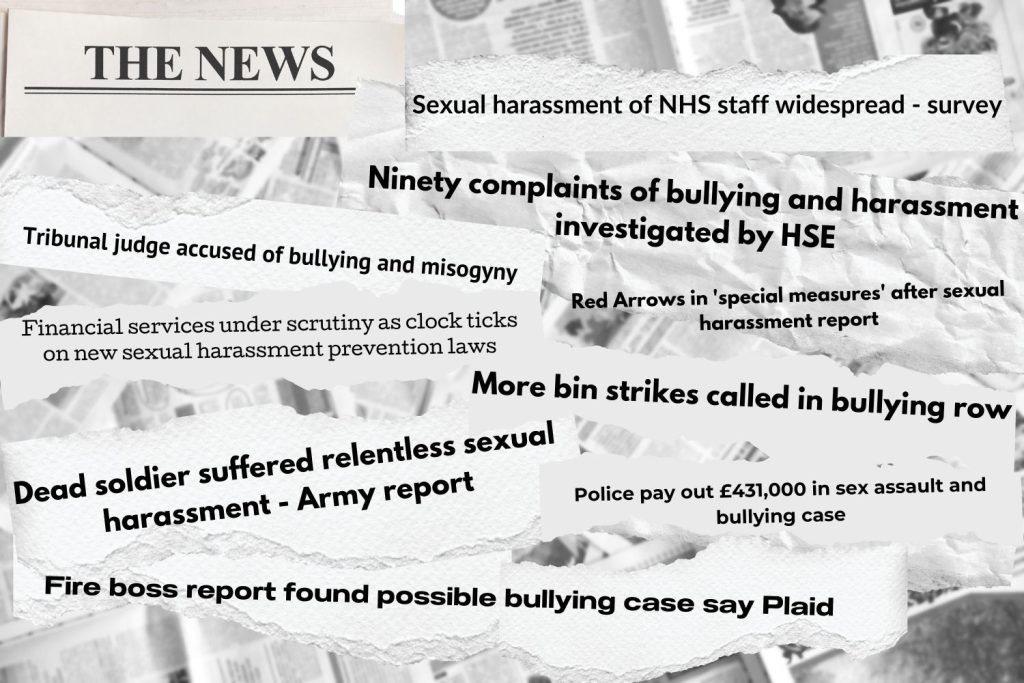
Bullying and sexual harassment claims in the headlines
Most of the organisations in these headlines would have said they didn’t have a problem with their culture. It’s one of the most common comments we hear. ” Yes there are problems in the sector – but not here!”
Every single day we see coverage like the above across multiple sectors, globally.
It’s not just the underlying problems that bullying, harassment and patchy respect can do for moral in your team; when problems become toxic, publicity results in reputation damage which can be irrevocable.
Talent is less likely to be interested in applying for your vacancies which will stunt growth. You will likely have a very high attrition rate and you might also have soaring absenteeism and reduced performance.
Listening for early warning signs
An anonymous reporting channel for individuals to raise concerns or whistleblow on unethical or unacceptable behaviour will give crucial early warning and feedback if your culture is not consistently where you need it to be.
Here are 5 very good reasons you should consider implementing an anonymous reporting channel if you don’t already have one as part of your whistleblowing policy:
- Anonymity increases feedback. Not having an anonymous route means you are missing out on valuable insights into your culture from employees who feel reticent about raising concerns and their identify being known.
- Anonymity can remove the fear factor of retribution, reprisal, retaliation from colleagues and management or just for standing out. These are many of the reasons why people are reticent about raising concerns through traditional channels.
- Demonstrating you care and want to understand your people better is more likely to make you an employer of choice. This will not only help to increase retention and cut recruitment costs, but it will also improve employee engagement and build trust.
- It’s the right approach and the right tool to implement. Why wouldn’t you want to hear your people’s voices and offer methods of giving feedback which accommodate the reticent – including anonymously.
- Legal obligations to take reasonable steps as an organisation to prevent sexual harassment in the workplace are increasing with the Worker Protection (Amendment to Equality Act 2010) coming into force in October 2024.
The stats paint a worrying picture of UK workplace culture
- 58% of Women (3 in 5) have experienced harassment in the workplace (TUC)
- A survey by Unison of more than 12,200 health workers revealed, one in 10 reported unwanted incidents including being touched or kissed, demands for sex in return for favours, and derogatory comments.
- Workplace bullying costs the UK economy £1.8bn per year (ACAS).
- CIPD research shows that 15% of employees in the UK experienced bullying of some kind, with 8% reporting harassment and 4% sexual harassment. The findings show how bullying and harassment can occur across a wide spectrum of behaviours, ranging from extreme forms of intimidation, such as physical violence, to more subtle forms such as an inappropriate joke or ignoring someone.
Address this and make workplaces a safer place
- Introduce an Anonymous, two-way reporting channel as an additional method for people to report incidents of inappropriate behaviour. An independent reporting channel removes the fear barrier of reporting to a line manager.
- Conduct Anonymous staff surveys that contextualise sexual harassment for the workplace and different groups of workers such as those with protected characteristics.
- Consolidate, measure and report with an integrated HR case management software which records all cases raised from various channels of communication and gives organisations real-time insights on trends and areas of concern so preventative action plans can be enforced
- And always, training of leadership and managers to confidently implement the organisations sexual harassment policy and competent dealing with any disclosures or complaints. The competency should be assessed as part of an annual performance review.
Empower employees to speak up and assert your duty to protect your people
Your duty is to create a safer and more engaged workplace, we can help to ensure you take all reasonable steps to comply with the legislation and whistleblowing policies.
Step 1 – Read our Key features and benefits and features of WorkInConfidence Anonymous two-way speak up guide.
Step 2: Book your personalised demonstration of WorkInConfidence Employee Engagement Platform and see for yourself how all our solutions integrate to help your organisation create a safer environment for all your people.
Step 3: We can have you up and running with your speaking up process in a matter of days, meaning you can start to gain candid feedback immediately.
